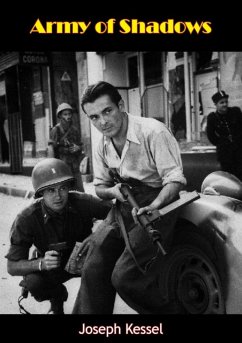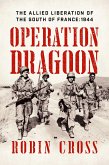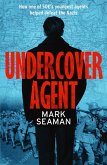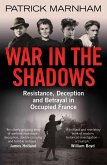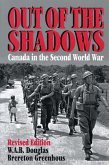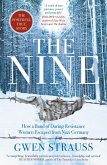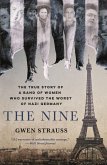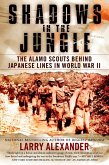THIS IS THE TRUTH, THOUGH THE FORM IS FICTION...The terrible and inspiring truth about the French underground, the way it's men and women operate, fight, die, a story full of nobility, heroism, and brutal violence.First published in its English translation in 1944, this is the fictionalized account of French writer Joseph Kessel's own experiences as a member of the French Resistance in World War II.
Dieser Download kann aus rechtlichen Gründen nur mit Rechnungsadresse in A, B, BG, CY, CZ, D, DK, EW, E, FIN, F, GR, HR, H, IRL, I, LT, L, LR, M, NL, PL, P, R, S, SLO, SK ausgeliefert werden.

